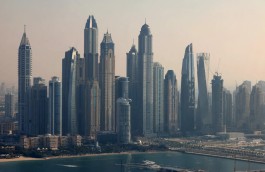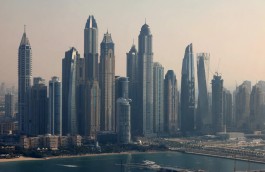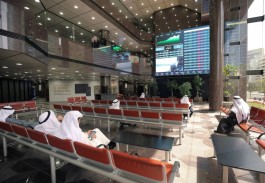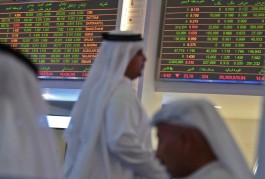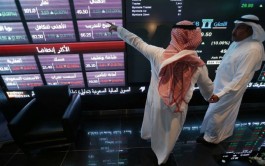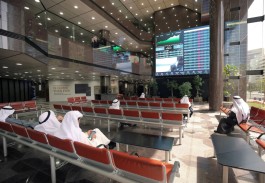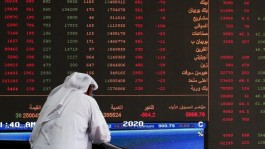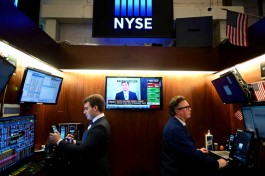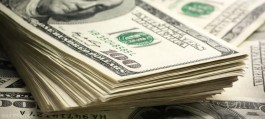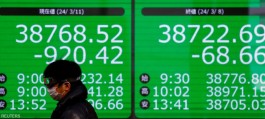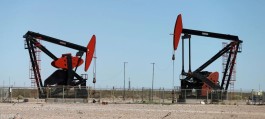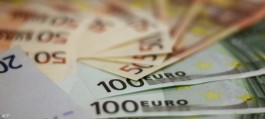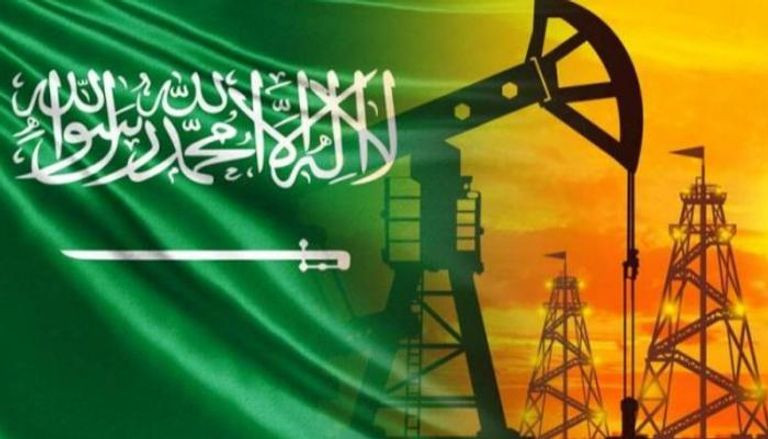Oil prices rose by more than $2 a barrel in early Asian trading, hours after Saudi Arabia, the world's largest oil exporter, pledged to cut production by another million barrels starting in July.
Brent crude futures rose by $2.29, or 3 percent, to record $78.42 a barrel at 2219 GMT, after earlier hitting a session high of $78.73 a barrel.
US West Texas Intermediate crude rose $2.27, or 3.2 percent, to record $74.01 a barrel, after touching the highest level for the day at $75.06 a barrel.
Saudi Arabia decided to make another significant cut in its oil production in July, in addition to what was approved today, Sunday, as part of a broader agreement by the OPEC + group to reduce production until 2024, at a time when the bloc seeks to support falling oil prices.
Saudi Energy Minister Prince Abdulaziz bin Salman said the additional cut would make the kingdom produce 9 million barrels of oil per day in July instead of 10 million bpd in May, the biggest cut in years.
The Saudi minister said in a press conference that OPEC + always wants to add an element of suspense, as it does not want people to try to predict what it will do, indicating that the oil market needs stability.
OPEC+ countries pump about 40 percent of global crude, which means that their production policy decisions can have a significant impact on oil prices. The group includes the Organization of the Petroleum Exporting Countries (OPEC) and allies led by Russia.
A sudden announcement of production cuts in April led to a rise in oil prices by about $9 a barrel, to more than $87, but they quickly fell back under pressure from concerns about global economic growth and demand.
The price of Brent crude settled at $76 on Friday.
Saudi Arabia is the only OPEC+ member with enough spare storage capacity and capacity to enable the kingdom to easily reduce and raise production.
Saudi Arabia was quickly able to deal with the oversupply that weakened the market in the early stages of the Covid-19 pandemic in 2020 when the group of producers implemented record production cuts.
* Extension until the end of 2024
OPEC+ made cuts of 3.66 million bpd, equivalent to 3.6 percent of global demand, including the 2 million bpd agreed last year and a voluntary cut of 1.66 million bpd in April.
Those cuts were valid until the end of 2023. On Sunday, OPEC+ said it would extend them until the end of 2024 as part of a broader agreement on production policy reached today after seven hours of talks.
Since the start of the Russian invasion of Ukraine in February of last year, Western countries accuse OPEC of manipulating oil prices and undermining the global economy through exorbitant energy costs. The West also accuses OPEC of siding with Russia.
In response, sources within OPEC say the West's money printing over the past decade has fueled inflation and forced oil-producing countries to work to preserve the value of their main exports.
Analysts said that OPEC +'s decision on Sunday sent a clear signal that the group is ready to support prices and confront speculators.
It's a clear signal to the market that OPEC+ is ready to put an end to the price and defend it, said Amrita Sen, co-founder of the Energy Aspects think tank.
The Saudis have carried out their threats to speculators and it is clear that they want higher oil prices, said Gary Ross, a veteran OPEC watcher and founder of Black Gold Investors.
While the market remained closed on Sunday, UBS analyst Giovanni Stonovo predicted a strong start when it reopens on Monday.
In addition to extending the current OPEC + cuts of 3.66 million barrels per day, the group also agreed today to reduce the total production target from January 2024 by another 1.4 million barrels per day, compared to current targets, to 40.46 million barrels per day.
However, a large part of these reductions will not be real, as the coalition has reduced the targets of Russia, Nigeria and Angola to bring them in line with the current actual production levels. The United Arab Emirates, by contrast, was allowed to raise production targets by about 0.2 million bpd, to 3.22 million bpd.

